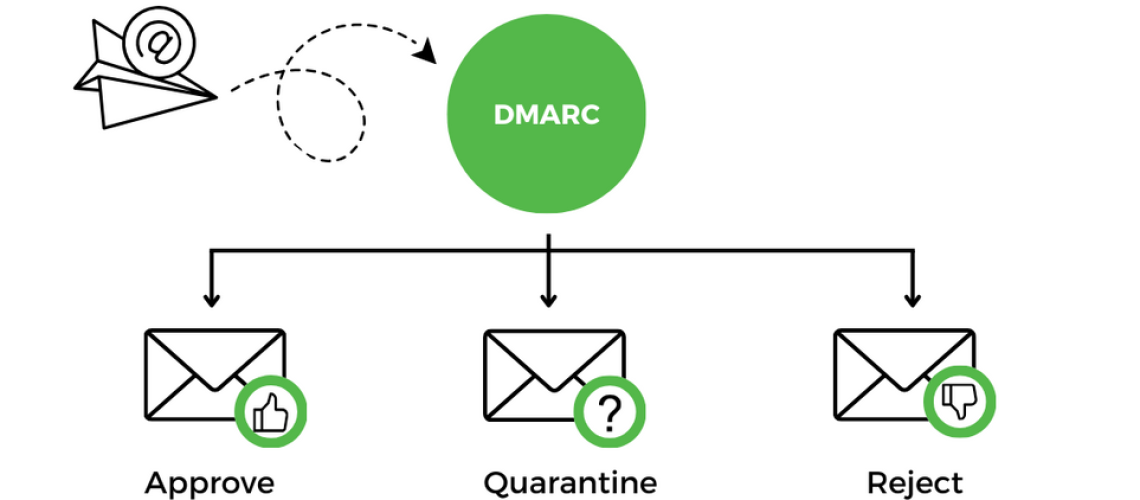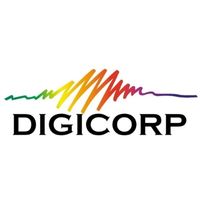Email continues to be a critical point of vulnerability for organizations worldwide. As we step into 2024, the significance of robust email security protocols cannot be overstated. Among these, Domain-based Message Authentication, Reporting, and Conformance (DMARC) has emerged as a pivotal standard in the battle against email-based threats like phishing and email spoofing. But what exactly is DMARC?
What is DMARC?
DMARC is an email validation system designed to protect email domains from unauthorized use, a practice commonly known as email spoofing. DMARC builds upon two key email authentication methods: Sender Policy Framework (SPF) and DomainKeys Identified Mail (DKIM). SPF validates emails by verifying sender IP addresses, while DKIM ensures the content integrity of the email through cryptographic authentication.
DMARC’s significance cannot be overstated. It not only ensures the authenticity of the email sender but also protects the receiver against malicious content. By implementing DMARC, organizations can significantly reduce the chances of their email domains being used for email spoofing, phishing attacks, and other fraudulent activities.
92% of organizations fell prey to phishing attacks in 2022.
2024 Email Send Requirements
The upcoming regulations will set a new standard for businesses that send over 5,000 emails daily to Google and Yahoo! accounts. Starting in February 2024, these regulations mandate the implementation of an active DMARC policy. The purpose of this is to strengthen the security framework around email communications, significantly reducing the risk of phishing, spam, and cyber fraud.
How to Set Up DMARC
Implementing DMARC involves a multi-step process:

1. Initial SPF and DKIM Configuration
Establishing SPF and DKIM records for your domain is the most fundamental step. SPF records list authorized IP addresses for sending emails, while DKIM adds an encrypted signature to email headers.

2. Creating a DMARC Policy
A DMARC policy instructs email receivers on handling emails failing SPF or DKIM checks. The policies include:
- Approve: The email is delivered normally, disregarding SPF or DKIM failures.
- Quarantine: The email is directed to the spam folder or a specified quarantine area.
- Reject: The email is not delivered at all.

3. Monitoring and Reporting
Setting up effective reporting mechanisms under DMARC will be essential. These reports provide insights into the DMARC policy’s performance, highlighting authenticated emails and identifying potential security threats.
The Future of Email Security
With cyber threats becoming more sophisticated, DMARC provides a critical defense by empowering organizations to take control of their email security, significantly reducing the likelihood of email-based attacks.
As we dive further into 2024, the email security landscape is rapidly evolving. DMARC is at the forefront of this evolution, offering a robust framework for protecting email communications. Companies must proactively adapt to these changes, ensuring their email practices are secure, compliant, and aligned with best cybersecurity practices.
Why Work with Digicorp?
Adopting DMARC policies can be complex, especially for large businesses with extensive email operations. Luckily, Digicorp can help. DMARC regulations are more than a compliance requirement; they represent a proactive approach to protecting digital communications. As online brand impersonation and email-based attacks continue to rise, adopting DMARC is not only beneficial, but essential for maintaining the integrity and security of email communication.
Let Digicorp be your trusted partner in securing your email security landscape. With our guidance, you can fortify your email security measures, protect your brand reputation, and mitigate email-based threats. Through proper deployment of DMARC, SPF, and DKIM, we can validate the legitimacy of emails, guide your mail server on handling them, and prevent spam and phishing attacks.
Get in Touch
By understanding and implementing DMARC, your company can protect your brand, promote customer trust, and contribute to a safer digital environment. If you’re interested in talking to a Digicorp specialist, fill out the form below, and one of our representatives will be in touch with you shortly.





